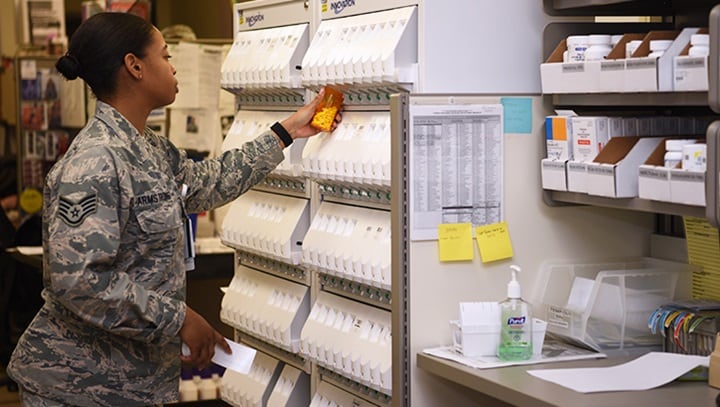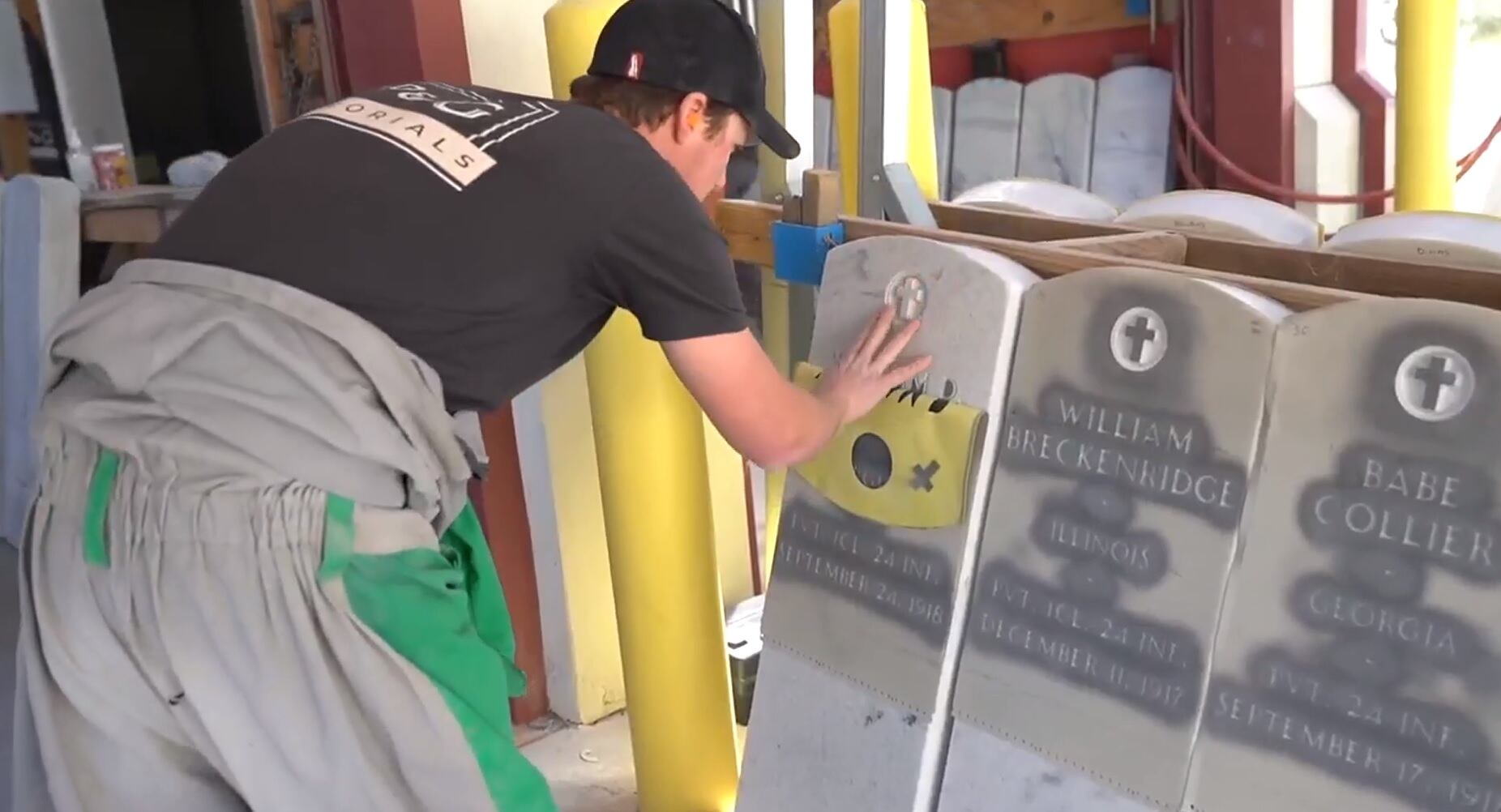Art delaCruz and Jarrett Brown took different paths after leaving the military.
Brown, who left the U.S. Army in 2007 after five years as a military police officer, wasn’t struggling professionally, but was searching for personal fulfillment. After 22 years in the Navy, delaCruz wanted a career in business leadership. Both veterans eventually found their way back to working with former military peers through Team Rubicon, a nonprofit disaster response organization with more than 158,000 volunteers ready to respond to natural disasters and other tragedies around the country and the world.
Each of the 158,000 Greyshirts – Team Rubicon’s name for the volunteers – have their own unique backstories that led them to the organization. Brown lost a job about a decade after leaving the military, and was looking for the next challenge in his life, a battle that many veterans fight after leaving behind the military life.
“I was going through that struggle phase when my battle buddy from my unit was already a Greyshirt with Team Rubicon,” said Brown, an Indiana native. “He was working during Hurricane Harvey doing remote support, and I asked him what he was doing, since he was on the phone all day. He told me what Team Rubicon was and I said that sounded really cool, so I signed up.”
Brown received a call to action to help with recovery from heavy flooding in Indiana and was hooked on the experience. He was eventually hired by Team Rubicon as a field leader, and he was responsible for leading the organization’s recovery efforts this summer following the deadly floods in Eastern Kentucky.
“That first operation for me gave me a purpose and that mission that we feel lost after we leave the military,” Brown said. “I got that camaraderie back. It was a life change. I never would have expected myself to be mucking out a house or cutting trees down in those 10 years since leaving the Army, but Team Rubicon opened my eyes to a new mission.”
As the CEO of Team Rubicon, delaCruz’s responsibilities are to ensure the organization has enough support financially from the business world and public to keep the operations going and expanding.
But he’s also not afraid to join his fellow Greyshirts on the frontline of disasters when the need calls.
“I volunteered, took PTO, and went to Kentucky to work for Jarrett,” delaCruz said.
Greyshirts often talk about finding a sense of duty through Team Rubicon, and during the decade of the organization’s existence, veterans of all ages have been attracted to the cause.
“Our approach to transition out of the military is it’s a lifelong journey,” delaCruz said. “We have Vietnam veterans who show up, and have this whole journey of growth and transition in the field. We’ve had Korean War veterans that have shown up here, and they’re all approaching 100 years old.
“We’re building an organization that should last 100 years, and I can’t wait to have a volunteer that said, ‘yeah, I first volunteered in 2012 and it’s 2052.”
To learn more about Team Rubicon or how to donate, visit teamrubiconusa.org.










